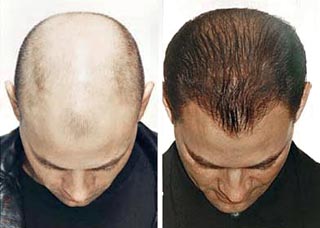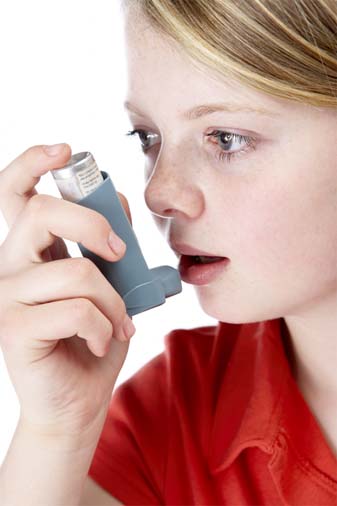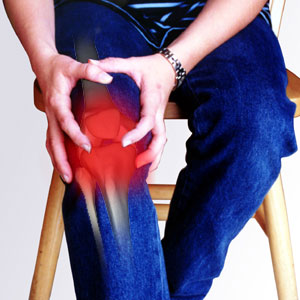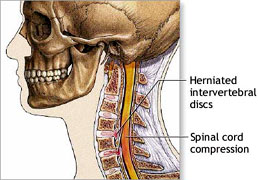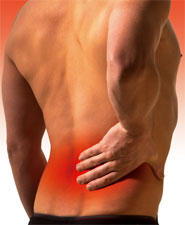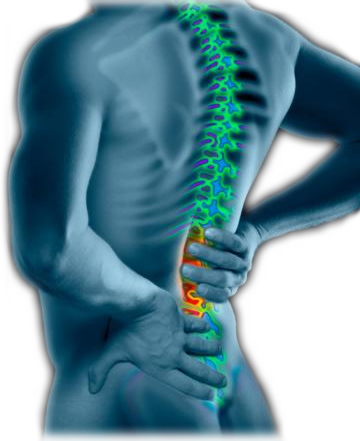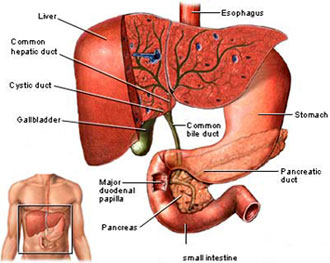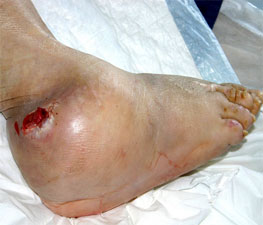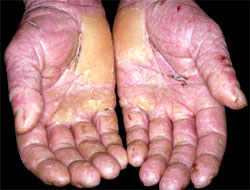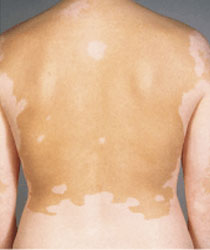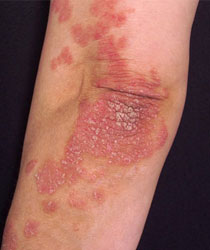Gout
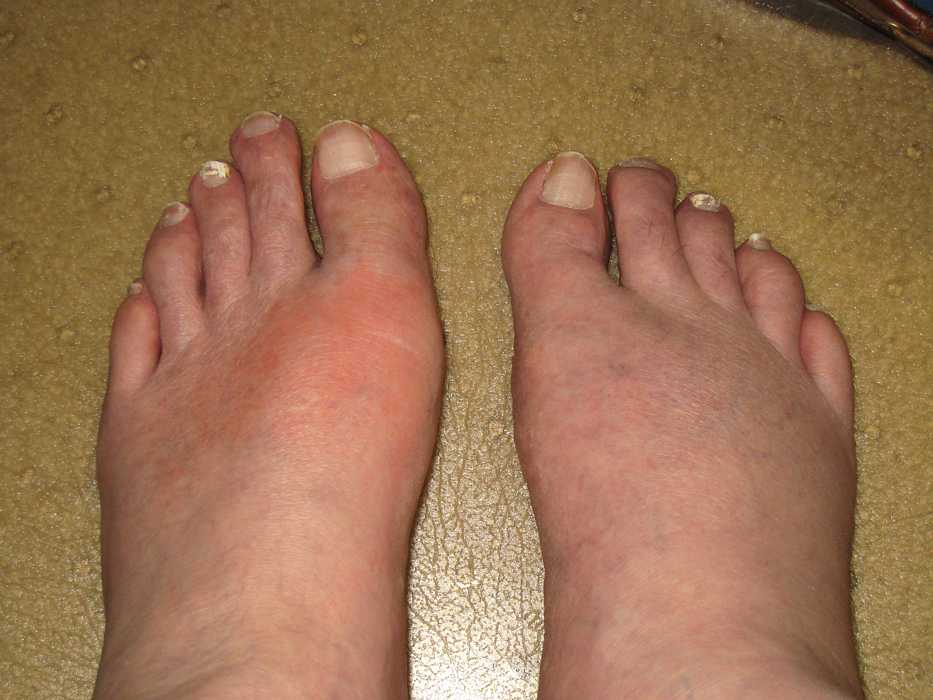
Gout
According to the UK Gout Society, gout affects around one in every 100 people. It\\\'s more common in men, particularly those aged 30 to 60, and in older people.
Symptoms of gout
The symptoms of gout include
- severe pain in your joint
- swelling and warmth around your joint
- red and shiny skin around your joint
- mild fever
- firm, white lumps beneath your skin - these are urate crystals called tophi
If you have these symptoms, see your GP. You will usually have gout for a period of up to two weeks (an attack) and then it will go away, even without treatment. With treatment, this can be reduced to less than a week. You may only ever have one attack of gout in your lifetime, but for many people it returns.
Complications of gout
It\\\'s uncommon for gout to cause any further problems but you may develop
- gout affecting several of your joints (called polyarticular gout)
- inflamed tophi, which can cause discomfort
- kidney stones (if urate crystals collect in your urinary tract)
- kidney damage (if urate crystals collect in your kidney tissue)
Causes of gout
You can develop gout if you have too much urate in your body. Urate (also called uric acid) is a chemical that everyone has in their blood. It\\\'s a waste product formed from substances called purines, which are found in every cell in your body and certain foods. Excess urate is usually passed through your kidneys and out of your body in your urine. However, the level of urate in your blood can rise if
- your kidneys don\\\'t pass urate quickly enough
- your body produces too much urate
If the level of urate in your body is too high, it can form tiny crystals that collect in your tissues, particularly in and around your joints. This is what causes the swelling and pain. These crystals form at cooler temperatures, which is why gout is common in your fingers and toes. Not everybody with high levels of urate gets gout and some people get gout but don\\\'t have high levels of urate. It\\\'s not known why some people develop gout and others don\\\'t. However, there are certain factors that can increase your likelihood of getting gout. You\\\'re more likely to have gout if you
- are a man aged 30 to 60
- are a woman who has been through the menopause, although women are much less likely to develop gout than men
- eat a diet that contains high levels of purines, which are commonly found in red meat and seafood - urate is formed in your body when the purines in foods you eat and old cells in your body are broken down
- drink too much alcohol
- take certain medicines, such as diuretics (\\\'water tablets\\\'), which increase the flow of urine from your body
- have a family history of gout
- have kidney disease meaning that your kidneys don\\\'t pass enough urate out in your urine
- are overweight
- have a medical condition such as psoriasis (itchy, dry and flaky skin) which can sometimes cause your body to produce too much urate
- have high blood pressure
- injure a joint
- are taking certain types of cancer medicines
An attack of gout often occurs for no clear reason, but may be triggered by an illness, injury or drinking too much alcohol.
Diagnosis of gout
Your GP will ask about your symptoms and examine you. He or she will usually take a sample of your blood, which will be sent to a laboratory to measure the levels of urate. Your GP may refer you to a rheumatologist (a doctor specialising in conditions that affect the joints) for further tests. Your doctor may remove some fluid from your swollen joint with a needle. This usually causes no more discomfort than a blood test. If urate crystals can be seen in the fluid under a microscope, you have gout. If calcium crystals are seen, you have a similar condition called pseudogout. The crystals formed when you have pseudogout aren\\\'t urate crystals - they are made of a calcium salt called calcium pyrophosphate.
You may need to have an X-ray taken of your joint in order to rule out other conditions, but this is less common.
